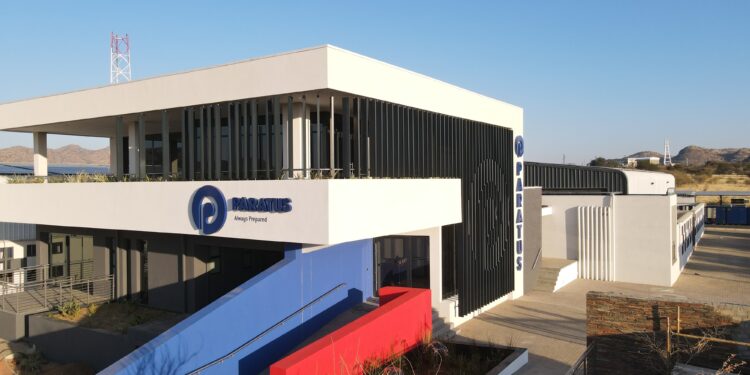The news:
Paratus Namibia Holdings, a telecommunication and infrastructure provider in Namibia, Southern Africa, is set to open Namibia’s first carrier neutral data centre, Armada, this August. The construction of this infrastructure comes as a completion of a proposed project with a $7.4 million.
The carrier neutral data centre (DC) will ensure that clients are not tied to a single service provider such as telecommunications, Internet Service Providers or others.
What will Armada do?
Armada, like other data centres, will enable businesses to host their ICT infrastructure, providing 24/7 access in a secure and world-class equivalent data hostel. Think of a data centre as a huge computer with various parts that store and process every information on earth. These centres process the information of every internet user. So, the massive flow of information passing these computers requires that they have cooling systems to prevent them from overheating.
Armada will also serve as a colocation centre that will host several entities in a single location. It will use the latest physical and virtual security and the highest possible uptime to guarantee a seamless operation for its clients. The data plant will offer these entities equipment, space and the freedom to choose any network service provider. The facility will also ensure constant supply of power hence the installation of multiple solar banks.
The technology:
The Chief Operations Officer of the Paratus Group, Schalk Erasmus, attested that Armada has a 99.98% uptime (a time when machines are operational ) and is backed by the most sophisticated technologies – including multiple solar banks – it provides unique assurances. Armada, he said, will provide “Namibian businesses with the opportunity to participate in the fourth industrial revolution (4IR).”
The infrastructure provider also stated that it has built a high availability environment, with resilience at each infrastructure level, from power to cooling, carrier interconnects and extremely low latency.
Why it matters
Without data centres, there would be no internet connection or cloud storage. Every Internet user takes up a space in data centres. As the world goes increasingly digital, more data centres are bound to spring up to facilitate interconnectivity. With more data centres come increased internet speed and connectivity.
Over the years, there have risen data centres such as Teraco Data Environments in South Africa; Rack Centre in Lagos, Nigeria; The Djibouti Data Center (DDC); the RSAWEB with two data centres in Cape Town and three Points of Presence (POP) in Johannesburg and Durban.

































